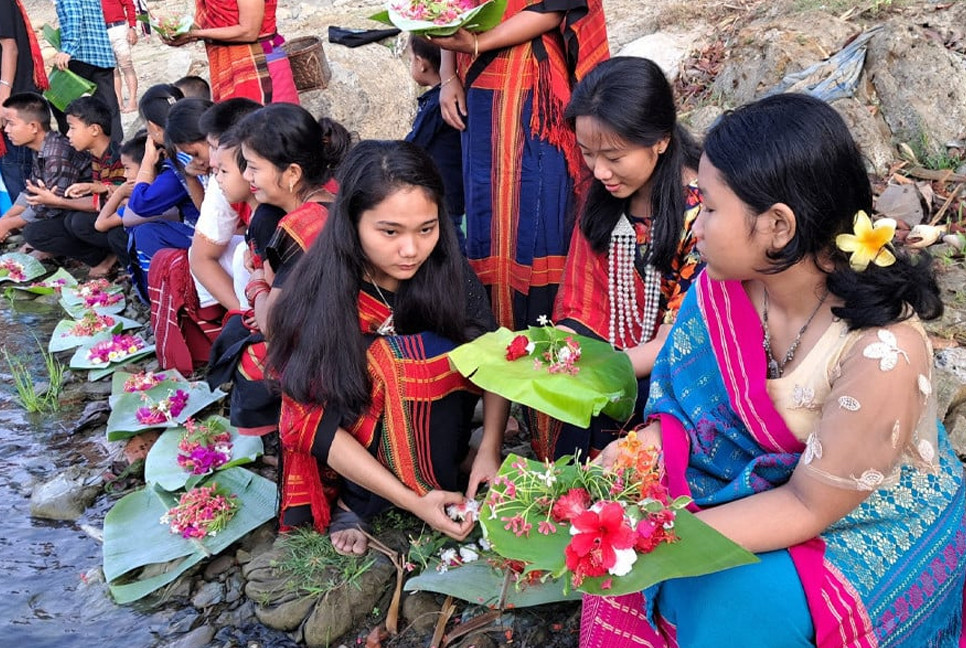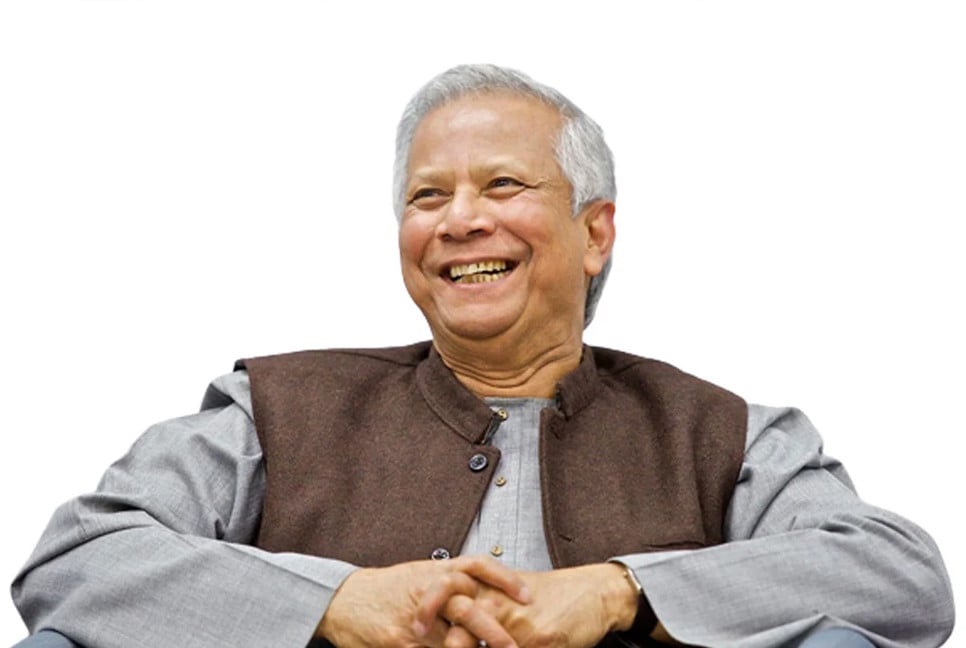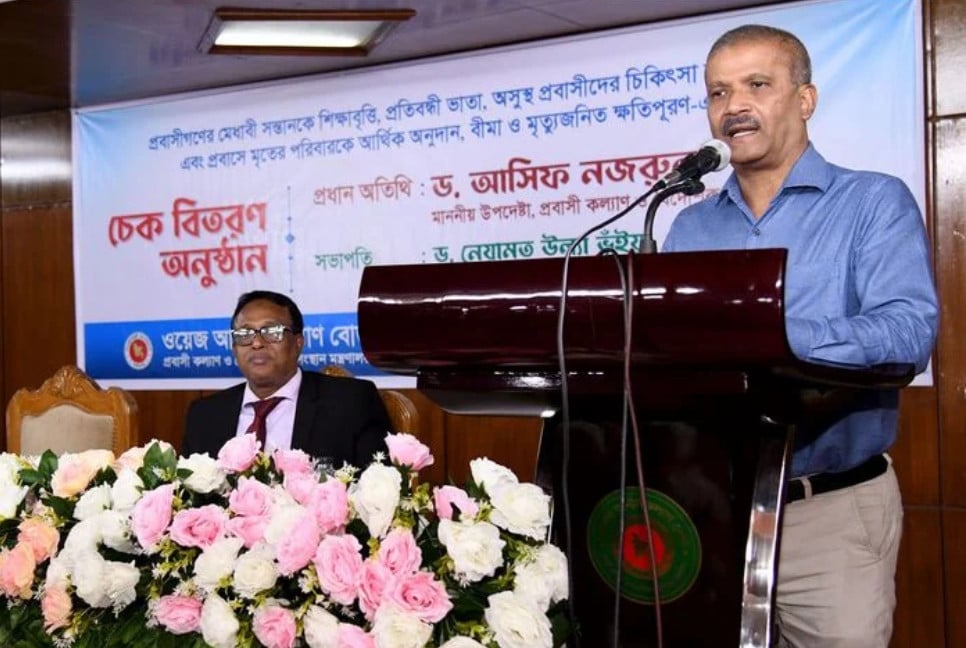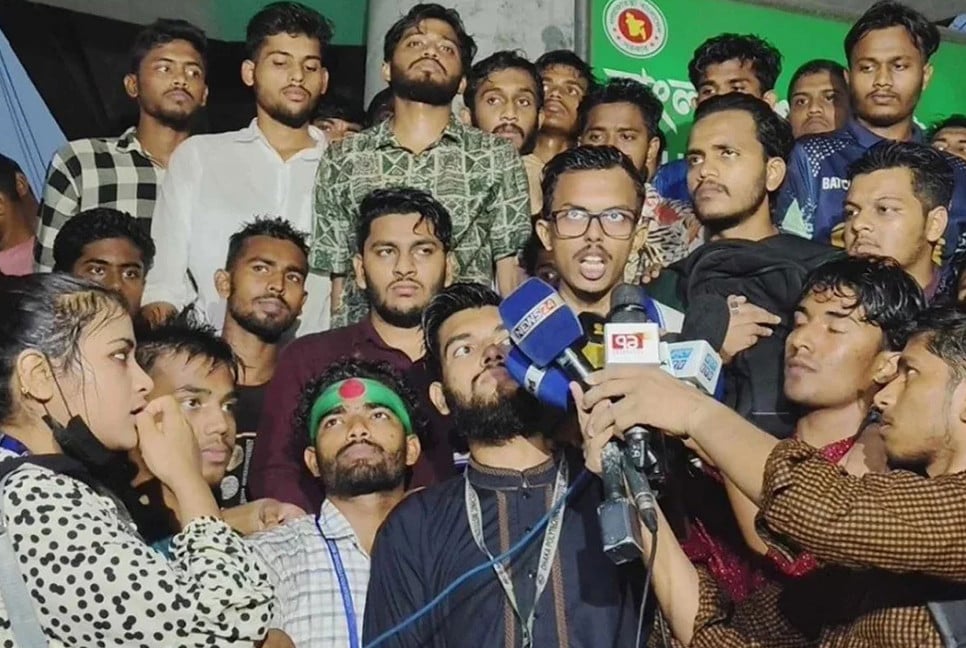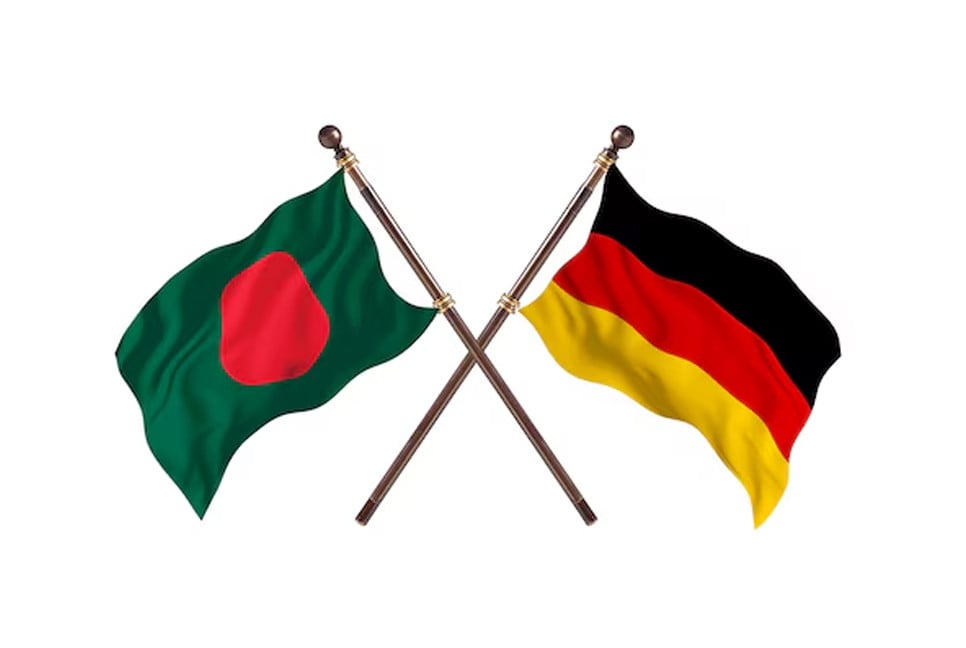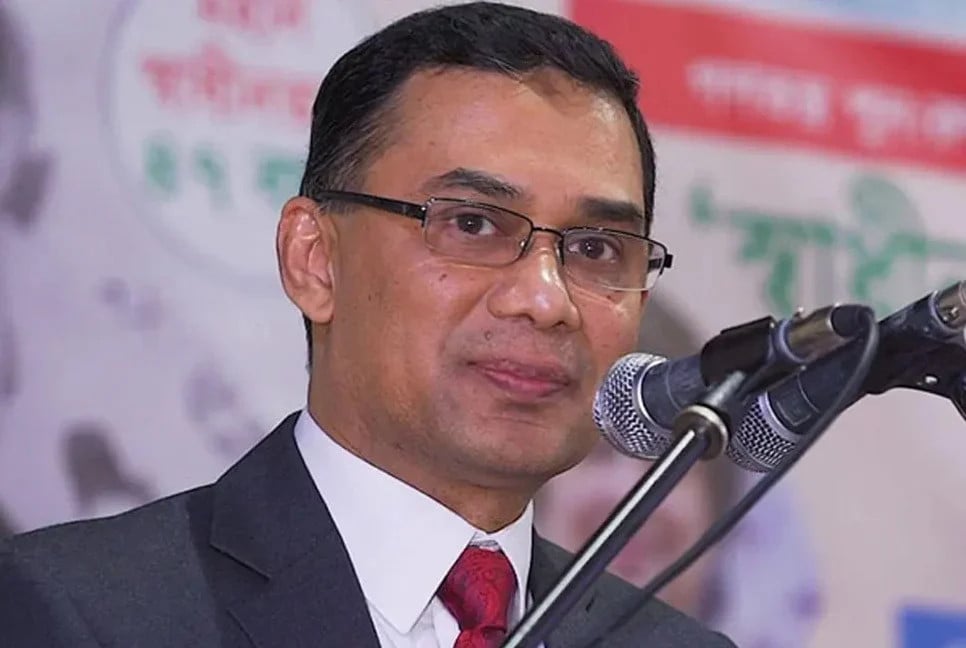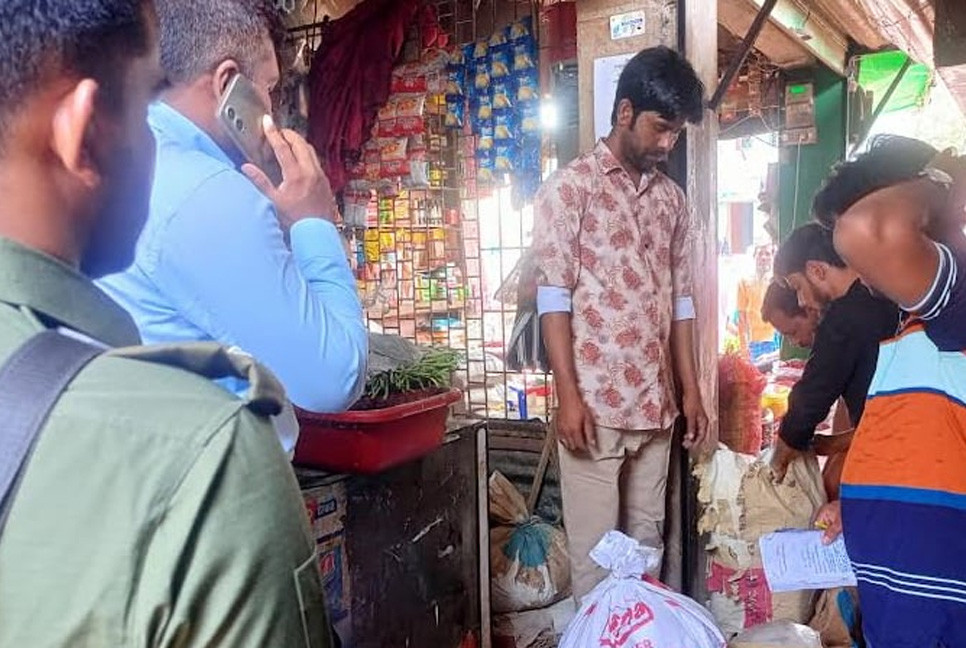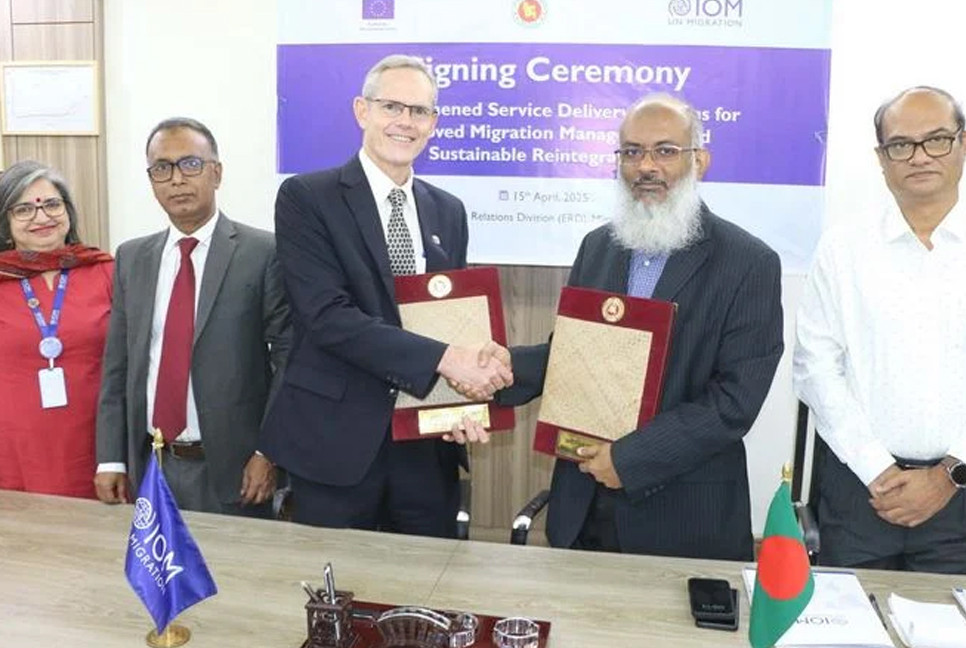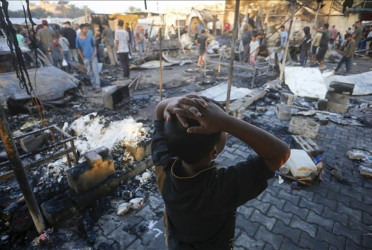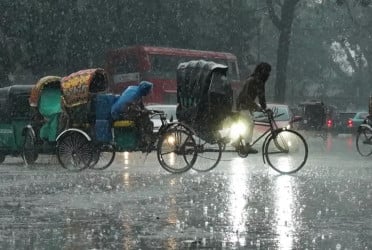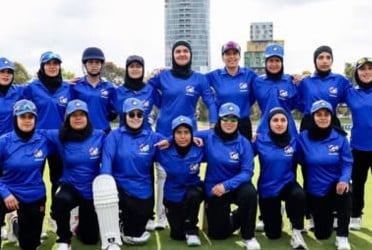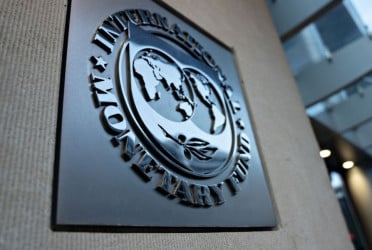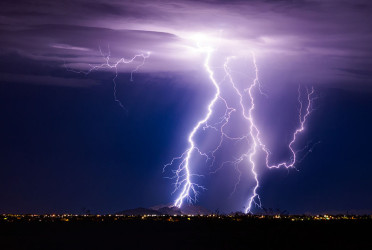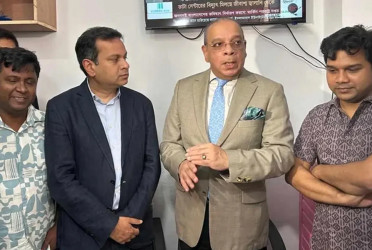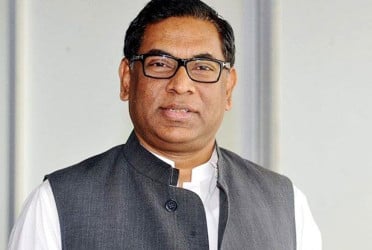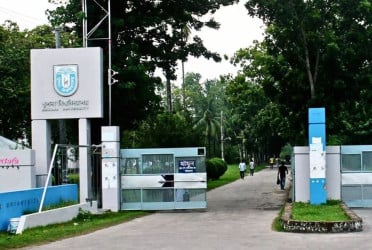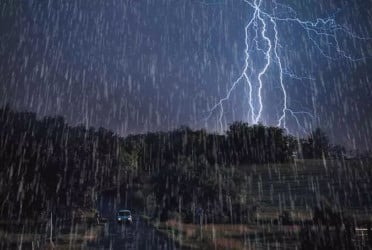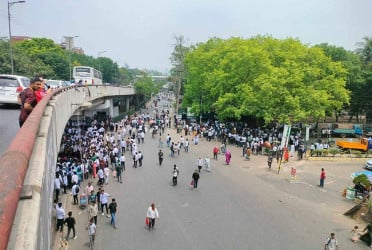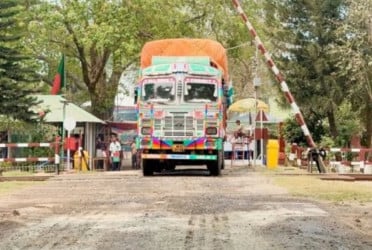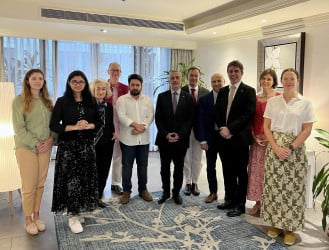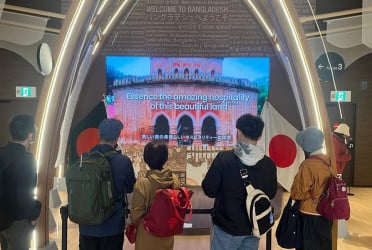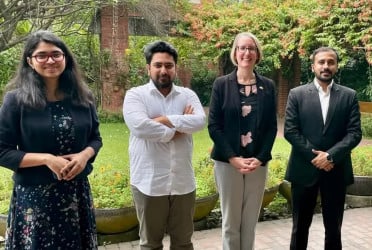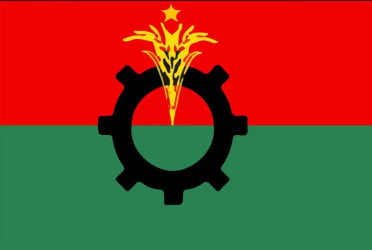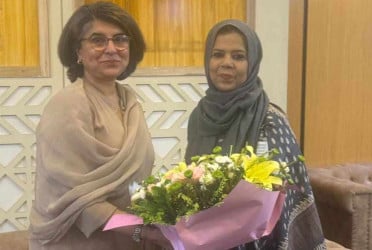A three-day-long Boisabi festival, the traditional New Year festival of different ethnic communities living in the hill districts, began with a symbolic flower-offering ritual on the Kaptai Lake in Rangamati, reports UNB.
Marking the onset of the traditional new year, Chakma, Marma, Tripura, communities observe their respective festivals—Biju (Chakma), Sangrai (Marma), Buisu (Tripura), Bisu (Tanchangya), and Bihu (Ahom).
Indigenous women were seen collecting flowers from their gardens and heading to Kaptai Lake early Saturday morning.

The ritual symbolises a spiritual cleansing with prayers for washing away misfortune, sorrow, and failures of the past year, while wishing for prosperity in the new one.
Rangamati Rajbari Ghat was vibrant in the morning as young men and women gathered under the initiative of the Boisabi Celebration Committee to celebrate the festival.
Former MP Ushatan Talukder inaugurated the event in the presence of former additional secretary Prakrit Ranjan Chakma, committee member-secretary Intu Moni Talukder and other local leaders.
The festive spirit has engulfed the hills with each ethnic group celebrating the festival in their own unique traditions over three days.
The Chakma community calls the days Fulbiju, Mul Biju, and Nuoabzor or Goijja Poijja. The Tripura community refers to the days as Hari Buisuk, Buisukma, and Bisikatal respectively.
The Boisabi festivities, celebrated across the Chittagong Hill Tracts—Rangamati, Khagrachari, and Bandarban—are the largest annual cultural events for the indigenous groups.
Starting from early April, various programs including colorful processions and cultural performances are organised under the leadership of local celebration committees.
Participants dress in traditional attire to represent and preserve their cultural heritage in vibrant parades.
Traditional Chakma cuisine, especially Pazon—a vegetable stew—is prepared in every household.
Children engage in traditional games like Ghila and Gudu (similar to kabaddi), and in the evening, they light lanterns and fireworks while adults consume local rice wine known as Jogora or Kanju.
On the New Year day, a feast is prepared with the belief that good food on this day ensures abundance throughout the year.
Bd-Pratidin English/ARK

